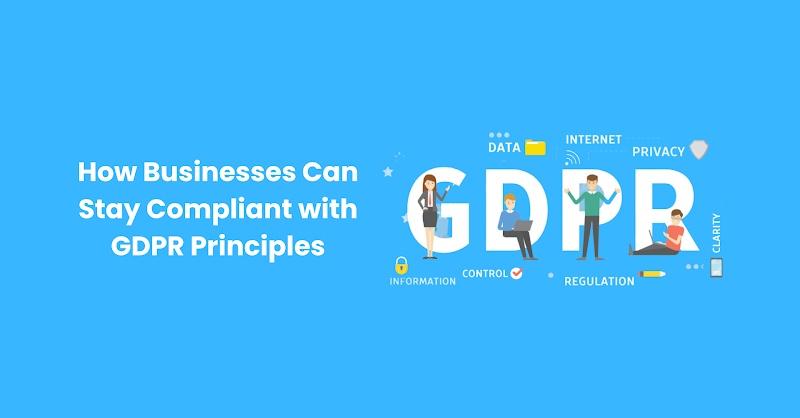Businesses frequently struggle to protect sensitive information while continuing to run smoothly. The principles of the General Data Protection Regulation (GDPR), which guarantees the security and privacy of personal data, have emerged as a model for data protection. Through a GDPR Course, businesses may arm themselves with the necessary data protection expertise. This blog will look at how companies may comprehend and abide by the GDPR Principles to ensure compliance and foster customer confidence.
GDPR Training: A Roadmap to Compliance
For businesses, remaining informed and up-to-date is crucial as the regulatory environment becomes increasingly complex. Enrolling in a GDPR course is a priceless investment that gives you a thorough understanding of the subtleties of the legislation. A well-designed GDPR training covers various topics, including the legal foundation, fundamental tenants, data subject rights, and workable implementation plans. Through this training, businesses are given the tools they need to evaluate their current data processes, spot gaps, and make the required adjustments to achieve and maintain compliance.
Knowledge of GDPR Principles
The GDPR, which went into effect in 2018, completely changed how companies manage customer data. Its fundamental ideas aim to empower people and give them more control over their data. Lawful, fair, and transparent processing, purpose restriction, data minimisation, accuracy, storage restriction, integrity and confidentiality, and accountability are some of the guiding principles. Collectively, these guidelines stress the need for responsible data management, guaranteeing that personal information is only gathered and processed for legal purposes and granting individuals the right to view, correct, and erase their data.
Making sense of the GDPR Principles
Companies must ensure that personal data is processed by the law fairly and transparently. This entails getting legally binding consent, outlining the reason for data gathering in detail, and allowing people to revoke it. A GDPR course provides knowledge on collecting and managing consent, lowering the risk of non-compliance.
A basic GDPR concept is data collection only for legal purposes. Businesses should avoid compulsively collecting data and make sure the data they do is required and relevant. Understanding how to strike the correct balance between data acquisition and privacy is helped by taking a GDPR course.
Preventing unauthorised access, loss, or disclosure of personal data is a crucial duty. To protect the data they store, businesses must put in place strong security measures. Organisations can learn about encryption, access restrictions, and other security procedures that maintain data integrity and confidentiality through a GDPR course.
The GDPR strongly emphasises accountability and calls for companies to show that they are abiding by its rules. This entails keeping thorough records of all data processing operations, doing impact analysis, and, if required, appointing a Data Protection Officer (DPO). A GDPR course investigates the complexities of accountability, assisting companies in putting together a strong compliance framework.
It is important to keep data current and correct. Businesses should examine and update their data regularly. Personal data should also not be kept around longer than necessary. Businesses can implement data accuracy and retention policies with the help of a GDPR course.
Conclusion
Adhering to the GDPR’s principles is both a legal and tactical necessity, given the significance of data-driven business choices and customer trust. Data protection requires constant learning and adaptation due to its complexity. GDPR training acts as a road map, enabling organisations to negotiate the complexities of the law, put best practices into place, and promote a culture of data privacy. Businesses may avoid costly fines, boost customer confidence, and improve their position in the digital market by implementing GDPR principles and investing in education. Remember that compliance is a journey that calls for commitment, information, and a proactive attitude.
